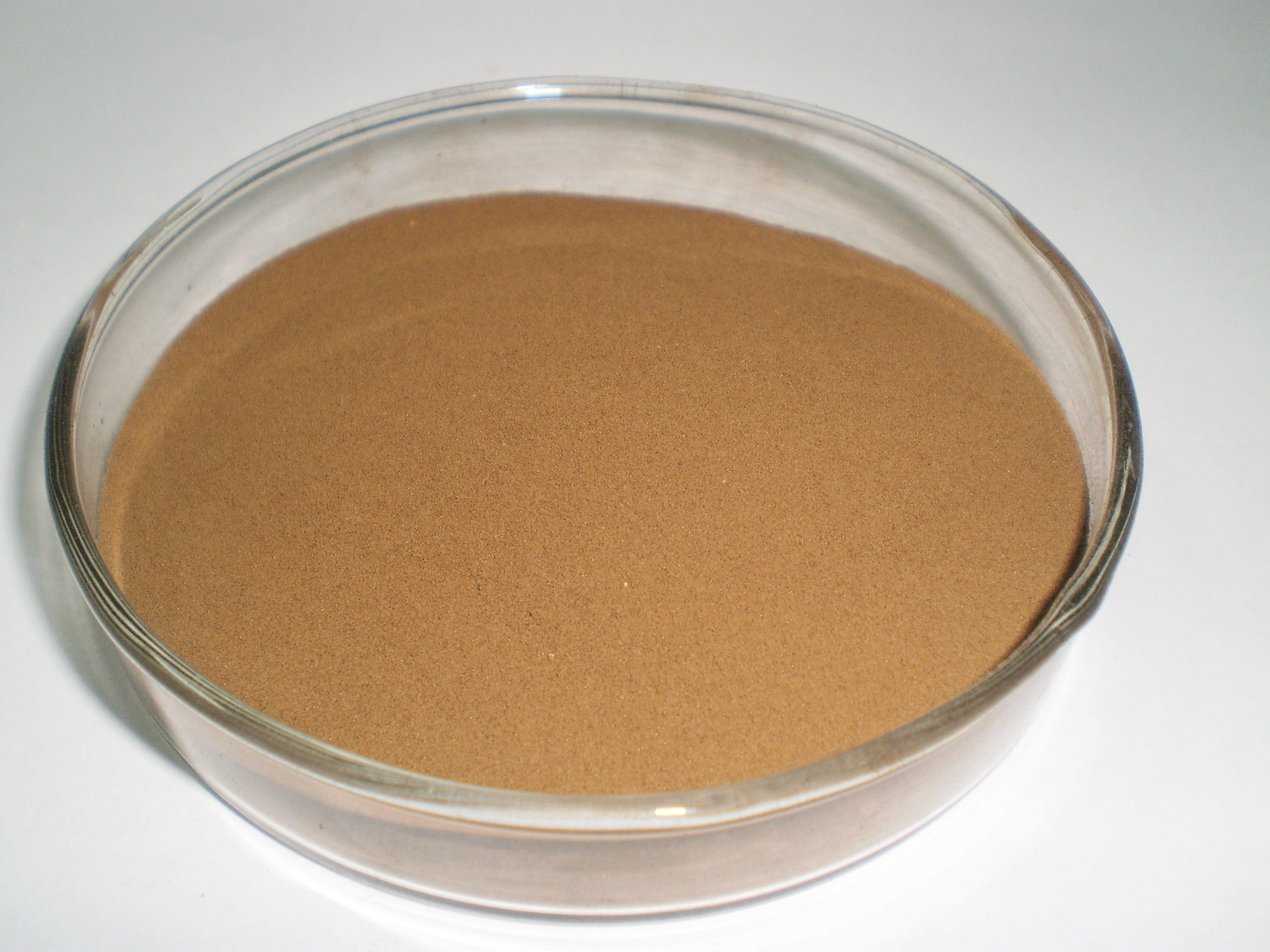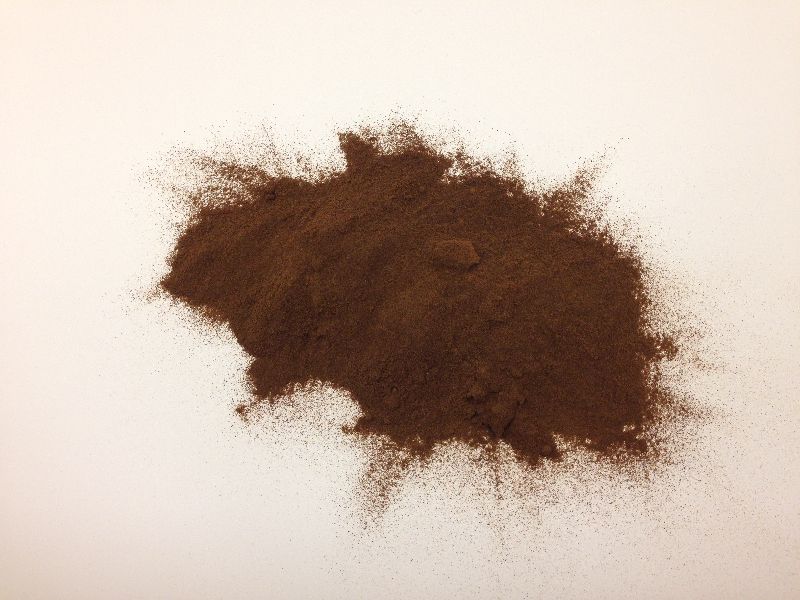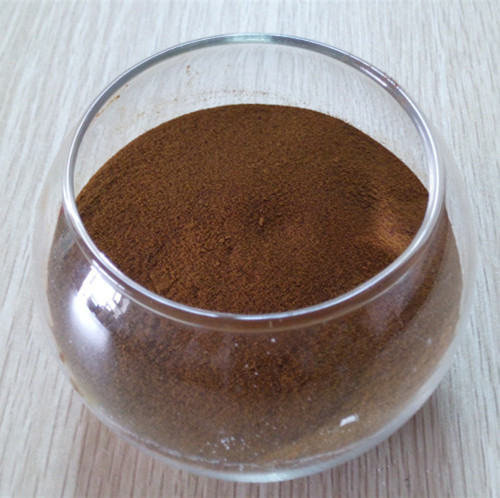In chemical additives, sodium lignosulphonate has emerged as a versatile and environmentally friendly solution with numerous applications . This article aims to provide Malaysians with comprehensive information on the advantages, relevance, and reasons why they should consider using sodium lignosulphonate in various industries.
Understanding Sodium Lignosulphonate

It is a natural polymer derived from lignin, a substance found in wood and other plant materials. It is processed through a sulfonation reaction, resulting in a water-soluble compound that offers unique properties beneficial in various fields. This organic chemical additive is often used as a dispersant, binder, and surfactant due to its ability to improve flowability, reduce viscosity, and enhance stability.
Advantages of Sodium Lignosulphonate:
- Enhanced Concrete Performance:
It is widely utilized as an admixture in the construction industry, particularly in concrete production. Its water-reducing properties enable the production of high-performance concrete with improved workability, increased compressive strength, and reduced permeability. By enhancing the flow properties of concrete mixtures, sodium lignosulphonate enables easier placement and results in more durable structures.
- Environmentally Friendly:
One of the significant advantages of sodium lignosulphonate is its eco-friendliness. Being derived from renewable resources, it offers a sustainable alternative to synthetic additives. Sodium lignosulphonate is biodegradable and does not contribute to soil or water pollution, making it a preferred choice for environmentally conscious industries.
- Agricultural Applications:
Sodium lignosulphonate finds extensive use in agriculture as a soil conditioner and a dispersant in pesticide formulations. Its ability to improve water retention and enhance nutrient uptake makes it a valuable tool for crop cultivation. Additionally, sodium lignosulphonate aids in preventing soil erosion, promoting healthier root systems, and increasing crop yields.
- Industrial Applications:
Beyond construction and agriculture, sodium lignosulphonate plays a vital role in various industrial sectors. It is utilized as a dispersant and binder in ceramics, enabling better shaping and improved strength of molded products. In the pulp and paper industry, sodium lignosulphonate acts as a deflocculant and wetting agent, enhancing paper strength and reducing water usage during manufacturing.
Relevance
- Sustainable Development:
As Malaysia strives towards sustainable development, the adoption of eco-friendly additives like this becomes imperative. Its renewable nature aligns with the nation’s commitment to reducing carbon footprint and promoting environmentally responsible practices in industries.
- Infrastructure Advancement:
With rapid urbanization and infrastructure development in Malaysia, the construction industry demands innovative solutions. It offers the potential to improve concrete performance, resulting in stronger, more durable structures. This, in turn, can contribute to the longevity and safety of infrastructure projects.
- Agriculture and Plantation Enhancement:
Malaysia’s agricultural sector can greatly benefit from the use of the material. Its soil conditioning properties can assist in addressing soil degradation issues, improving crop yield, and promoting sustainable farming practices. By incorporating sodium lignosulphonate into pesticide formulations, the effectiveness of crop protection measures can be enhanced.

Conclusion:
Sodium lignosulphonate presents Malaysians with a sustainable and versatile chemical additive that offers numerous advantages across multiple industries. Its applications in construction, agriculture, and various industrial sectors make it a valuable tool for achieving enhanced performance and environmental responsibility.


